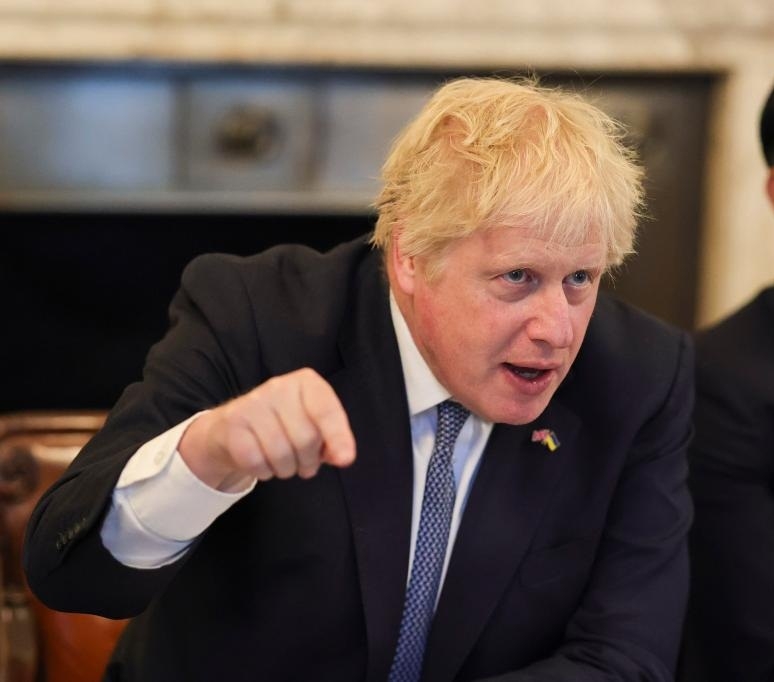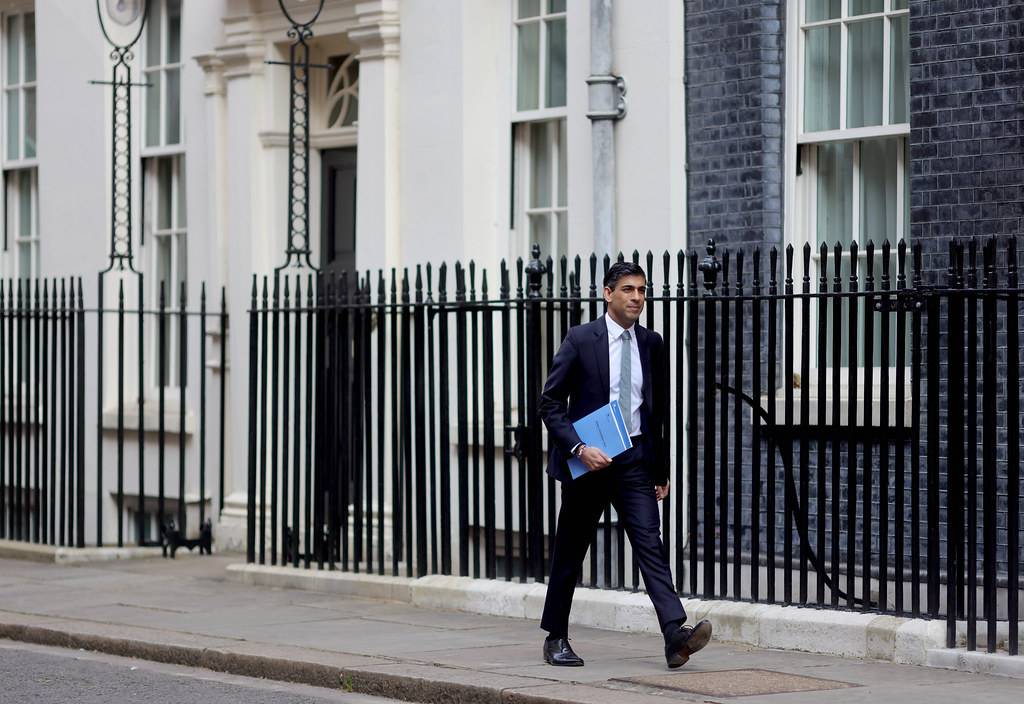The Covid-19 pandemic, which struck just after Britain left the European Union in January 2020, has complicated the task of analysing the impact of Brexit…reports Asian Lite News
Britain is becoming a more closed economy due to Brexit, with damaging long-term implications for productivity and wages which will leave the average worker 470 pounds ($577) a year poorer by the end of the decade, a study forecast on Wednesday.
The report was written by London School of Economics associate professor Swati Dhingra – who will join the Bank of England’s Monetary Policy Committee in August – and researchers from the Resolution Foundation think tank.
The Covid-19 pandemic, which struck just after Britain left the European Union in January 2020, has complicated the task of analysing the impact of Brexit.
New post-Brexit trade rules which took effect in January 2021 unexpectedly did not lead to a persistent fall in British trade with the EU, relative to that with the rest of the world, the researchers said.
“Instead, Brexit has had a more diffuse impact by reducing the UK’s competitiveness and openness to trade with a wider range of countries. This will ultimately reduce productivity, and workers’ real wages too,” Resolution Foundation economist Sophie Hale said.
Britain does not face tariffs on goods exports to the EU, but there are greater regulatory barriers.
The net effect of these would lower productivity across the economy by 1.3% by 2030 compared with an unchanged trade relationship – translating to a 1.8% real-terms fall in annual pay of 470 pounds per worker.
These figures do not include any assessment of the impact of changed migration rules.
The impact for some sectors will be much starker. Britain’s small but high profile fishing industry – many of whose members advocated strongly for Brexit – was likely to shrink by 30% due to difficulties exporting its fresh catch to EU customers, the report said.
By contrast, although highly regulated professional services such as finance, insurance and law will find it harder to serve EU clients, their share of the British economy was only likely to drop by 0.3 percentage points to 20.2%.














